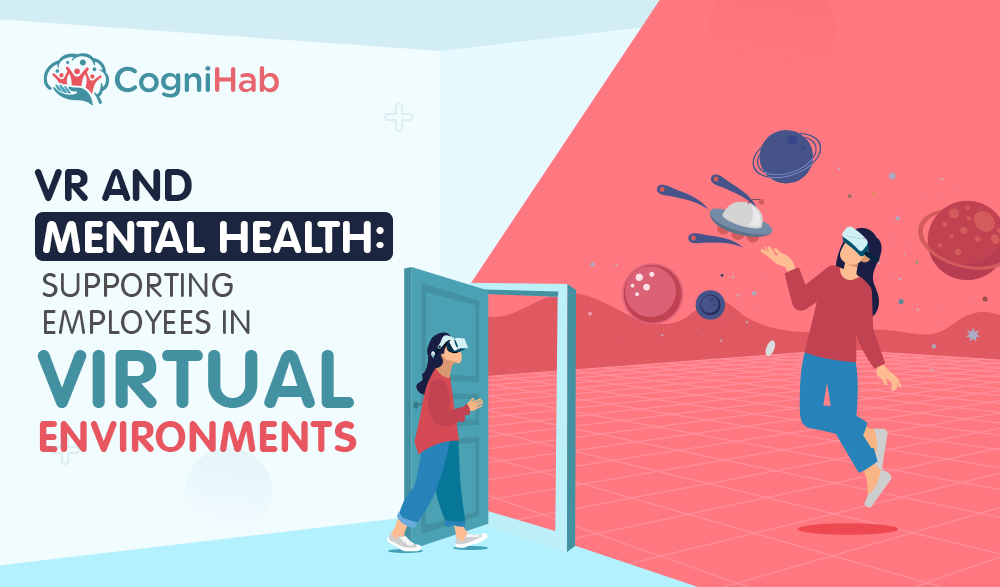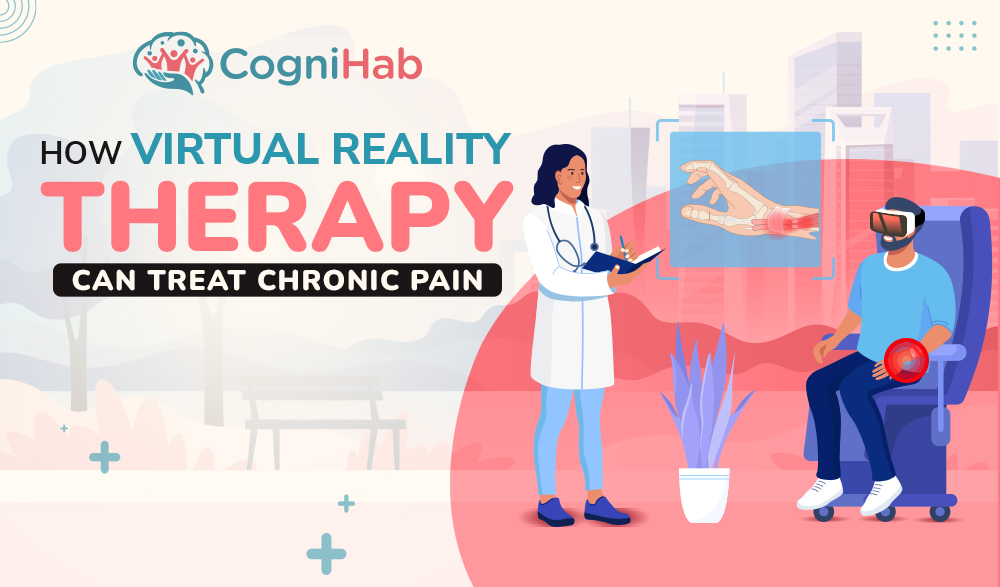Metaverse in the healthcare industry: How to make the most out of it?
The term metaverse was coined decades ago. But it has been gaining significance recently. Many institutes and organizations were alerted only when Mark Zuckerberg launched 'Meta'. And now, extensive research in various fields such as education, entertainment, and metaverse in the healthcare industry is continuing to take place.
- According to Strategic Market Research, in 2022, the global metaverse market was USD 47.48 billion. Further, by 2030, it is said to grow and touch USD 678.80 billion.
The numbers above speak a lot. Not only this, but Mckinsey's survey says that the metaverse has the potential to reach USD 5 trillion by the end of 2030.
But what is in metaverse that drives so many industries?
Can a term from a sci-fi novel be so novel?
Well, if that term is metaverse, then YES!
From its appearance in the novel to now experiments in diverse domains, it surely has got that potential. The metaverse is a combination of various technologies that give the output of physical, virtual, and augmented 3D environments. In addition, its features of decentralization, interoperability, and effortless interaction add brownie points. No wonder industries such as manufacturing, real estate, education, and healthcare are experimenting with metaverse!
Do you want to discover metaverse in the healthcare domain?
In this post, you will read about the scope of a metaverse in healthcare. Also, you will have a look at a few areas of healthcare where metaverse will effectively grow.
Let us talk about metaverse in healthcare.
Healthcare is a larger canvas that shelters many subdomains under it. It can be education, fitness, and a lot more categories. Moreover, the metaverse can give any or all of these parts an edge.
- According to InsightAce Analytic, in 2021, the metaverse in the healthcare market was USD 5.06 billion across the globe. Moreover, by 2030, it is said to reach USD 71.97 billion.
There are many advantages of a metaverse in healthcare. For example, in surgeries, professionals can avail the use of augmented reality or virtual reality with the metaverse. Even 3D picturing will be influential in some cases.
But understanding the areas where one can implement metaverse in healthcare is essential.
Let us get some realistic ways!
Many believe that the metaverse has tremendous potential that even can transform a lifestyle. While many call the metaverse a future of reality, what are the real ways and areas to mend it in healthcare? Some are proven, some are in progress, and some are yet to explore. However, let us have a look!
Medical education
- According to Verified Market Research, in 2020, the value of the global market for medical education was USD 31.55 billion. Further, by 2030, it is expected to gain a hike and reach USD 41.38 billion.
The metaverse can be effective in training students from various medical subdivisions. For example, medical education has subbranches such as anatomy, physiology, biochemistry, pathology, etc. Moreover, medicine, pediatrics, general practice, gynecology, psychiatry, and surgery are parts of the professional areas of the medical field. The metaverse can benefit many of these subdivisions.
For example, metaverse training can have applications in virtual surgery training. Also, researchers from Digital Hollywood The Graduate School, Tokyo, Japan, have experienced 3D anatomical object learning. The metaverse is an effective platform for both learners and educators. That is why the following statistics are achievable.
- According to Vantage Market Research, in 2021, the worldwide metaverse in the education market was USD 4.39 billion. Next, by 2028, it is supposed to reach USD 32.39 billion.
Gaming in healthcare? Why not?
Gaming is growing beyond 'just for fun'. Also, healthcare gamification has significance.
- PR News Wire says that, in 2021, the worldwide market for healthcare gamification was USD 892.2 million. Moreover, it will reach USD 6094 Million by 2028.
The metaverse can nurture this trend. An elevated gaming experience with metaverse can avail better health to users. Its features, rewards, and healthy competition can be prominent contributors to healthcare gamification.
Mental health can be prioritized with metaverse.
Mental health is one of the sensitive yet crucial areas of the healthcare sector. There has been significant awareness of mental health challenges and care these days. The use of immersive technology can be boon to it.
- A study from Oxford says that with VR-based treatment and care, patients experience a 38% reduction in stress and anxiety.
Metaverse can avail features such as socializing and lead to better individual appearance. Moreover, the connections in the metaverse can be made safe. Furthermore, pertinent data and precise intelligence will create a more considerate metaverse to users.
Fitness? Virtually? A big YES!
It may seem ambiguous, but one can achieve fitness or even weight loss goals with metaverse.
How?
Along with mental health, the metaverse can help take care of physical health. Launched in March 2022, one of the latest examples is FitnessVR. It is a venture that combines metaverse, blockchain, and health. These VR-based fitness modules in metaverse can shape your routine and physic too!
It can be effective in physical therapies.
Metaverse can help patients with chronic pains and treat them effectively. With adequate pain management treatment using therapeutic VR, patients of any age can reduce their fear and tension. Moreover, it lessens the use of drugs.
Collaboration of professionals
Metaverse is an excellent platform for users to connect with others having similar interests. In addition, socializing is one of the critical benefits of the metaverse.
It will be far more effective in healthcare than we can imagine. Health professionals can share important data quickly. Innovative and real-time cloud in the metaverse environment can avail efficient monitoring of patients by many health experts at the same time.
Let us conclude.
The metaverse is a way ahead. It is a way for
- Transformation
- To bring productive changes
- To experience a 3D environment
- To witness a blend of the virtual and physical world
- Ample opportunities
- Exponential growth
- Worth challenges
With all these features, advantages, and scope, the metaverse in the healthcare industry seems to have a promising future.







